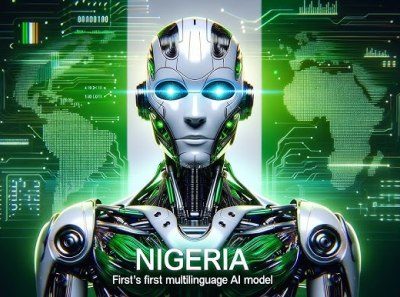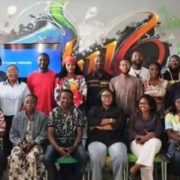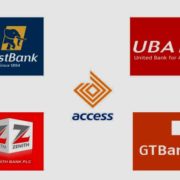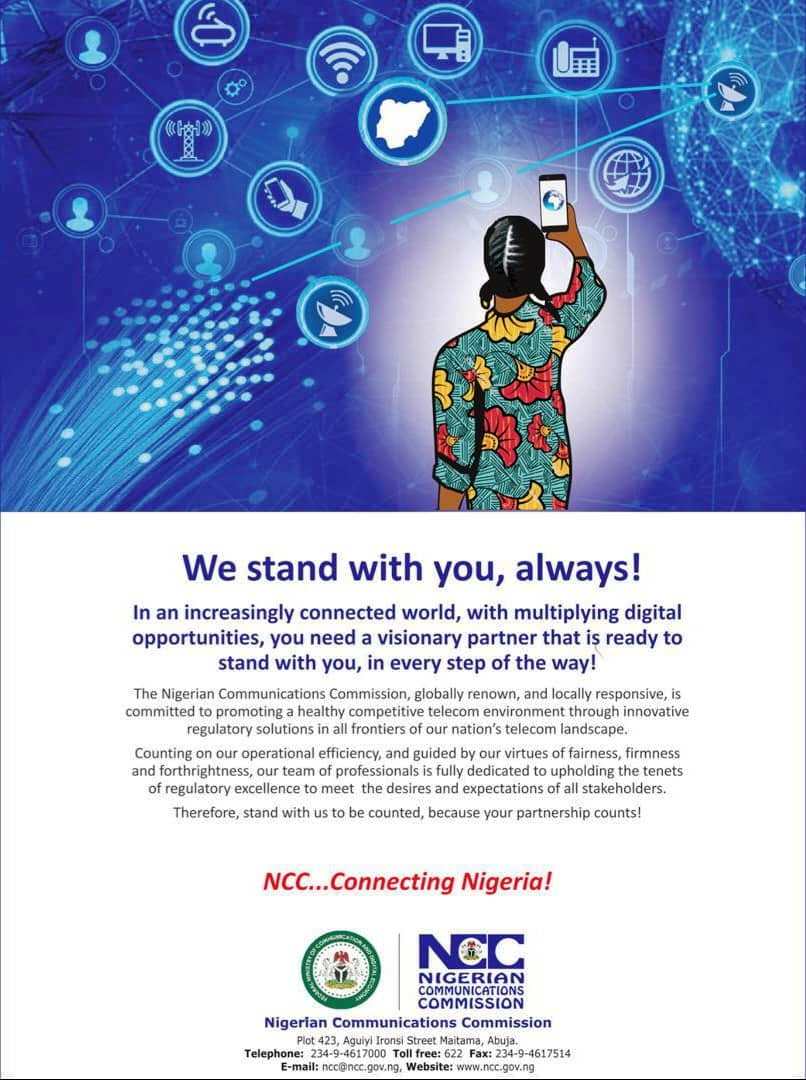Nigeria sets 2030 target for 95% digital literacy as NITDA, UBEC embed digital skills in basic education.
The National Information Technology Development Agency (NITDA) has reaffirmed the Federal Government’s commitment to achieving 95% digital literacy across Nigeria by 2030. A bold step to digitally empower its population, NITDA’s interim target is 70% by 2027.
RELATED: NITDA pushes for inclusive digital literacy, vows to empower 35m Nigerians with special needs
The initiative aligns with the national development agenda and aims to drive economic diversification through technology, innovation, and inclusive education.
Speaking at a strategic collaboration meeting hosted by the Universal Basic Education Commission (UBEC), NITDA Director General, Kashifu Inuwa Abdullahi, highlighted that digital skills will be central to building a modern workforce and achieving sustainable development goals.
“This is not just a technology program. It’s an economic reform agenda built into President Bola Ahmed Tinubu’s 8-point priorities,” Abdullahi emphasized.
National Digital Literacy Framework (NDLF) as Blueprint
To actualize this vision, NITDA is implementing the National Digital Literacy Framework (NDLF). A blueprint aligned with global standards but customized for Nigeria’s needs. The framework focuses on six core competency areas.
- Device and software operations
- Information and data literacy
- Communication and collaboration
- Digital content creation
- Cybersecurity and online safety
- Digital problem solving
Designed to support all levels of proficiency, the framework covers from basic to advanced digital fluency. It will be applicable across primary, secondary, and tertiary education, as well as among professionals.
NITDA estimates that Nigeria’s digital literacy rate stands at 50% in 2025, up from 44% in 2021. This is based on data extrapolated from the World Bank’s Better Life Report.
Strategic Collaborations with Education and Global Partners
Abdullahi confirmed ongoing collaborations with the Nigerian Educational Research and Development Council (NERDC) to incorporate digital literacy into the formal education system. The agency is also partnering with Coursera to train teachers using AI-driven lesson tools and scalable online platforms.
Last year, NITDA launched the DL4NSUK (Digital Learning for Nasarawa State University) program in collaboration with CISCO, enhancing digital readiness among tertiary students.
“We need a whole-of-government and whole-of-society approach to achieve this,” said Abdullahi, calling on federal, state, private sector, and international partners to align efforts for a truly inclusive digital transformation.
UBEC Commits to Infrastructure, Curriculum Review
In response, UBEC Executive Secretary Hajiya Aisha Garba confirmed receipt of the digital literacy curriculum from NITDA and NERDC, which is currently under review for integration into basic education programs.
While commending the curriculum’s depth, she called for simplification to accommodate early learners, citing constraints such as curriculum overload, limited teacher capacity, and infrastructure challenges.
“We’re committed to refining the curriculum, training teachers, and deploying solar-powered digital tools across schools with the support of SUBEBs nationwide,” Garba assured.
Inter-Agency Committee Established
To drive the rollout, both NITDA and UBEC have set up a joint inter-agency committee to create strategic plans for nationwide implementation. The initiative aims to equip Nigerian youths with digital skills necessary to thrive in a global digital economy.
































